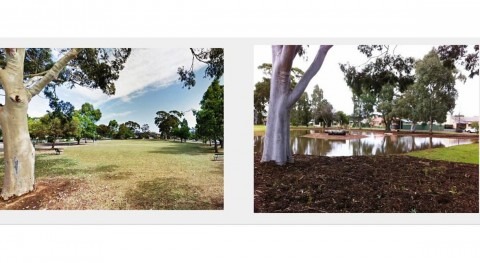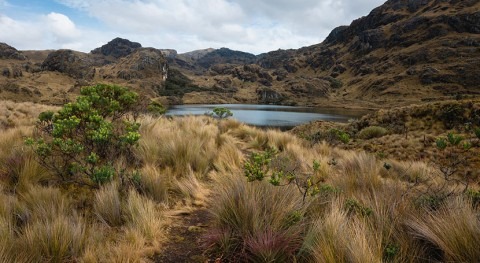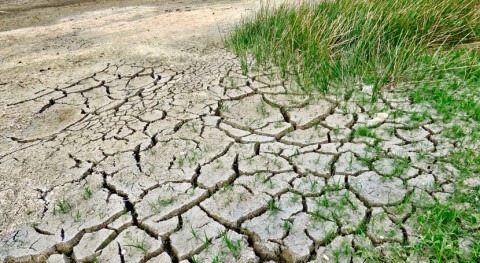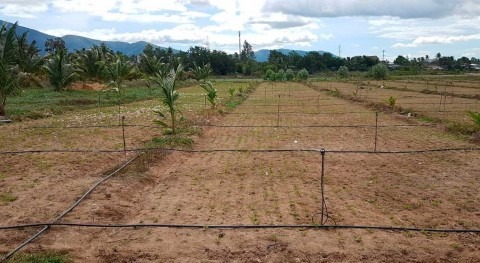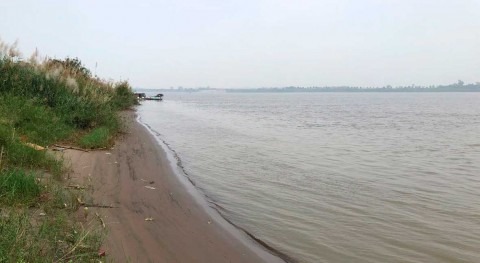After Australia’s latest floodwaters subside, a study led by Flinders University has called for action on 18 challenges facing more sustainable use of vital groundwater, a natural resource valued at more than $34 billion to the nation’s economy.
Already, over-extraction and unregulated pumping in Australia is contributing to water table declines with serious long-term impacts on food production, other users and groundwater-dependent ecosystems and the environment, particularly during drought.
Flinders University Professor Peter Cook, from the National Centre of Groundwater Research and Training (NCGRT), says the list of challenges was ranked by groundwater professionals across Australia.
“Due to our incomplete knowledge of groundwater systems, and the complex management arrangements and decision-making processes in the field, the most highly ranked challenge is the difficulty in determining and setting regional-scale volumetric water extraction limits,” says Professor Cook.
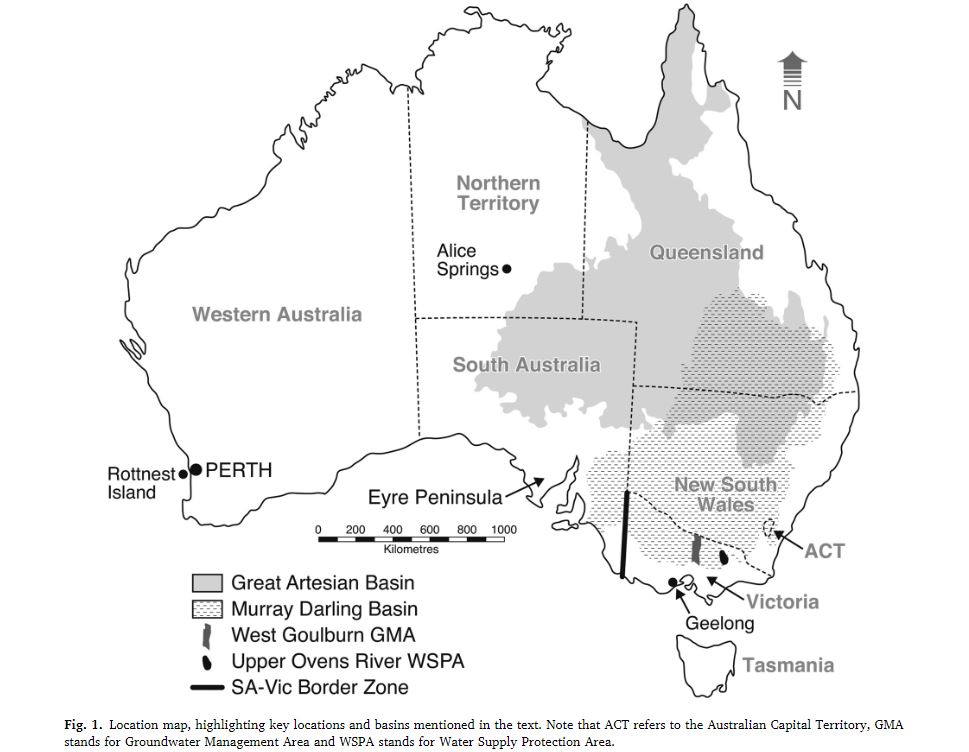
“Other major challenges are in determining how ecosystems will respond to declines in groundwater levels, in implementing and enforcing limits on groundwater level declines, and managing extractions from groundwater and rivers conjunctively.”
Underground water supplies provide up to one-third of water in Australia.
Presented on the findings at the recent Australian Groundwater Conference in Perth, the study also calls for better channels of stakeholder communications when applying management strategies or making decisions on groundwater management.
“Identifying these key challenges if the first step in improving Australia’s groundwater management,” Professor Cook adds.
“We must remember that groundwater is one of Australia’s most important natural resources. It’s sometimes the only water source for townships, farms and mines – and supports other urban areas, agriculture and industry around the country.”








